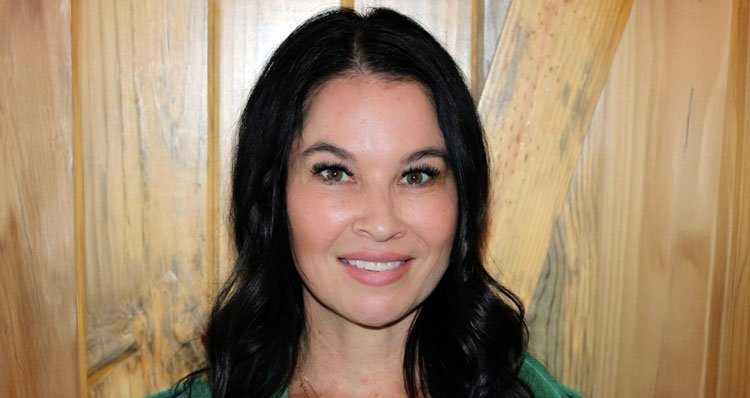The elusive idea of a viable third political party in America has caught the attention of Elon Musk, who seems ready to explore this possibility.
Musk has expressed dissatisfaction with Republican lawmakers, particularly regarding their support for a recent large spending bill that he believes benefits the wealthiest. He’s even suggested the formation of a new “American Party” aimed at fiscal conservatives and libertarians who feel ignored. Musk appears to be contemplating financial backing for primary challenges against GOP members who supported the bill.
Still, political analysts argue that it might be more effective for Musk to leverage his wealth within the current party system rather than trying to create a new party to rival the entrenched two-party system. “Third parties are like bees. They get stung and then they die,” Georgetown political historian Michael Kazin remarked.
This is evident in the insane spending of this bill. It increases the record $5 trillion debt cap in a one-party country. Time for new political parties that actually care about the people.
– Elon Musk (@elonmusk) June 30, 2025
Kazin goes on to note that American history is filled with unsuccessful third-party attempts. For example, George Wallace captured five southern states in 1968, and Ross Perot garnered about 19% of the popular vote in 1992, but neither was able to disrupt the two-party dominance in presidential elections.
Such attempts typically face structural challenges. New parties need to achieve significant victories in numerous states to make an impact, and the landscape for Congressional races doesn’t welcome third-party candidates, often relegating them to spoiler status.
Only states like Maine and Alaska have implemented ranked-choice voting for all statewide races, while many other states have moved to ban it altogether. A recent study found that nearly one in 20 votes in ranked-choice elections was improperly filled out.
Kazin emphasizes that successful movements generally start on a smaller scale. “For third parties to gain traction, they must begin by establishing strength in specific regions,” he said, referencing historical populist movements and their localized roots.
If this insane spending bill passes, the American Party will be formed the next day. Our country needs an alternative to the Democrat Uniparty.
– Elon Musk (@elonmusk) June 30, 2025
Interestingly, public sentiment seems ripe for alternatives. A Gallup poll in 2023 indicated that nearly two-thirds of Americans believe a third major party is necessary, reflecting a widespread dissatisfaction with both the Democrats and Republicans. However, this sentiment hasn’t yet translated into a new, viable party.
For Musk, the barriers to creating a new political movement are more complicated than just structural limitations. His version of liberalism, focused on minimal government and maximizing individual freedoms, doesn’t attract a broad enough base to maintain political momentum.
The numbers don’t lie. Libertarian candidates have consistently received around 1% of presidential votes since 2000, with Gary Johnson’s 3.3% in 2016 being a notable outlier. Even Rand Paul, the most libertarian member of the Senate, faced challenges in garnering significant support.
Kazin remarked that “Libertarianism was definitely at the core of the party under Ronald Reagan… but Trump has shifted the Republican Party’s dynamics.”
Is it time to actually create a new political party in America, representing 80% of the central government?
– Elon Musk (@elonmusk) June 5th, 2025
Nonetheless, Musk’s financial influence within the existing Republican framework is substantial. Targeted funding can reshape political landscapes, as demonstrated by the Senate Leadership Fund. Musk has injected significant funds into various races, aiming to support establishment candidates over more extreme challengers.
Yet, money alone doesn’t guarantee success. Even after spending a record $22 million on Wisconsin’s Supreme Court race, Musk-backed candidates still lost. Some analysts argue that his financial presence could inadvertently boost liberal voter turnout instead of ensuring victories for conservative candidates.
This reality echoes past lessons learned by Democrats in 2024, where significant funding did not secure them crucial wins.
Complicating matters further, campaign finance laws present additional hurdles for a prospective “American Party.” Bradley Smith, a former chair of the FEC, highlighted how regulations can restrict financial contributions to political party formations. “We can fund every super PAC you want,” he explained, “but strangely, we can’t fund political parties.”
Ultimately, Kazin suggests that while Musk’s rhetoric around a third party may be appealing, the practicalities of creating such a movement seem daunting. “The idea that he can find a party that can make a difference by himself seems like a fantasy to me,” he noted.







